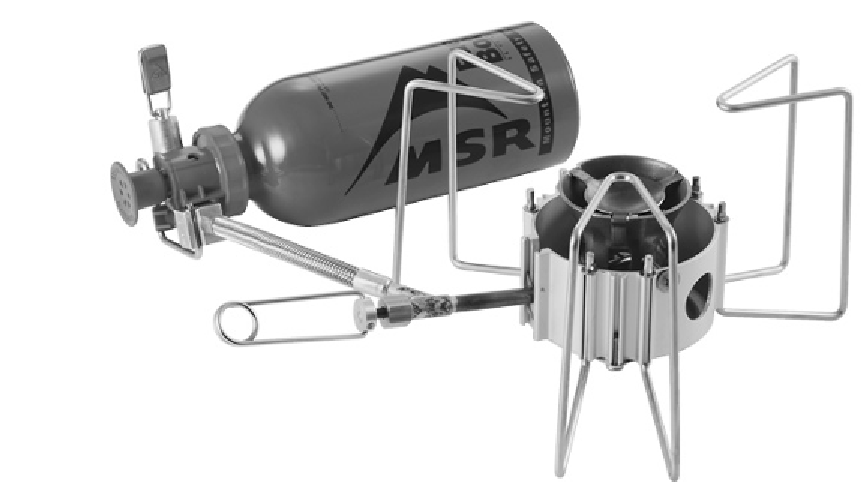Geoscience Reference
In-Depth Information
16.
Extra clothing
, such as long underwear, hat, jacket, waterproof mittens, leather work gloves, rain
coat or poncho, sturdy boots, and so on. Remember that cotton is very cold when wet, but wool
and specialty outdoor clothing (usually polyester) wick moisture and are warm when wet.
17.
Entertainment
for kids and other special needs (prescription medicines, diapers, extra glasses,
etc.).
18.
Twenty-five kitchen-size garbage bags
and lime or sewage-treatment chemicals (powdered type
preferred) for garbage and toilet sewage. A few large heavy-duty garbage bags can double for
raincoats, ground cloths, and shelter.
19.
Fifty feet of heavy-duty nylon string or light rope.
20.
Record of bank numbers and important telephone numbers.
21.
Spare checks and cash.
Many Katrina victims were caught without any cash.
Tip:
Use a bank
that has widespread branch locations so their records won't disappear in a severe local disaster,
leaving you with no bank-account access.
22.
Optional items:
A compact stove with fuel, like one of the MSR multi-fuel stoves (see
fig. 2-7
),
along with a cook set. Good for boiling water, warming hands and feet, as well as for cooking.
Figure 2-7. Multi-fuel backcountry stove from MSR is lightweight, compact, and fully field serviceable.
Photo cour-
tesy of Eastern Mountain Sports (EMS)
First-Aid Kits
Get yourself a decent first-aid kit. Each car should have a kit, and your house should have one
too. Most preparedness/survival suppliers stock an assortment of first-aid kits, from simple to
field-surgical quality. I stock my grab-and-go kit in a large blue tub that can be quickly thrown

